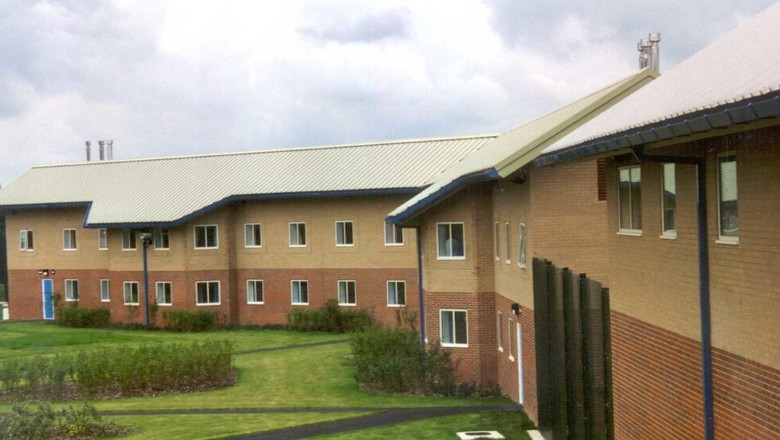
In recent months, protesters across the nation have taken to the streets to challenge the Tory government’s planned Police, Crime, Sentencing and Courts Bill. The Tories’ aim to clamp down on our right to protest, to enhance police powers, and to criminalise Traveller communities and homeless people.
Yet, one alarming aspect of the Bill appears to have flown under the radar – government blueprints for ‘secure schools’.
The Bill is designed to make establishing and operating a secure school, in which children would be imprisoned, a “charitable activity”. Furthermore, it proposes more severe sentencing and increased surveillance of children who are in trouble with the law.
So, what are secure schools?
They are an element of the government’s scheme to reform Britain’s youth justice system. These supposed schools will be managed by independent trusts, with the Ministry of Justice having supervision, rather than the Department for Education. If carried out, the Bill will spur more “charitable” providers to extend the youth carceral state. The government has insisted that “secure school providers will take a child-focused and trauma-informed approach to youth custody”.
However, the proposals will further criminalise children and will fail to address the essence of their trauma, instead of tackling the systemic social issues that plague young people today.
Secure schools will be wielded to demonstrate that the justice system has done everything possible to avoid reoffending, thus placing culpability onto the individual whilst doing nothing to prevent systemic violence in communities.
One of the proposed new secure schools, Oasis Charitable Trust’s, will be occupying the space where the Medway secure training centre was formerly located. The past centre has a lengthy record of disturbing allegations of child abuse and mistreatment, which were overlooked for years, in good part, no doubt, because the Ministry of Justice is itself complicit in exploiting those children affected.
The rebranding of Medway confirms the superficial nature of the youth justice reforms, which mark the beginning of the largest expansion to children’s prisons in the UK.
It’s likely that these proposed reforms will impact children who are already over-policed, consisting of children from Black and ethnic minority backgrounds, children on free school meals and children with special educational needs.
The use of charities to run these facilities highlights the false generosity that belies a lot of charities under capitalism. In order to have the continued opportunity to express their generosity, injustice needs to continue to flourish. For these facilities to continue making a profit or at least breakeven, children will have to keep coming through their doors, streaming the schools-to-prison pipeline.
Secure schools, especially for vulnerable children, can end in trauma and even death. They are used to distill terror in young people and to invite repression. This strengthening of the repressive capabilities of the state come at a time when the capitalist class is trying to reassert its authority both at home and abroad in the face of crisis, and will inflict more harm on communities across Britain rather than giving children the opportunity to grow, reflect and learn.
Not only should Young Communists be fighting for the right to protest as a result of the Police, Crime, Sentencing and Courts Bill, but also for the protection of children from a state that intends to inflict considerable more violence on them in the near future.
Georgina Andrews



